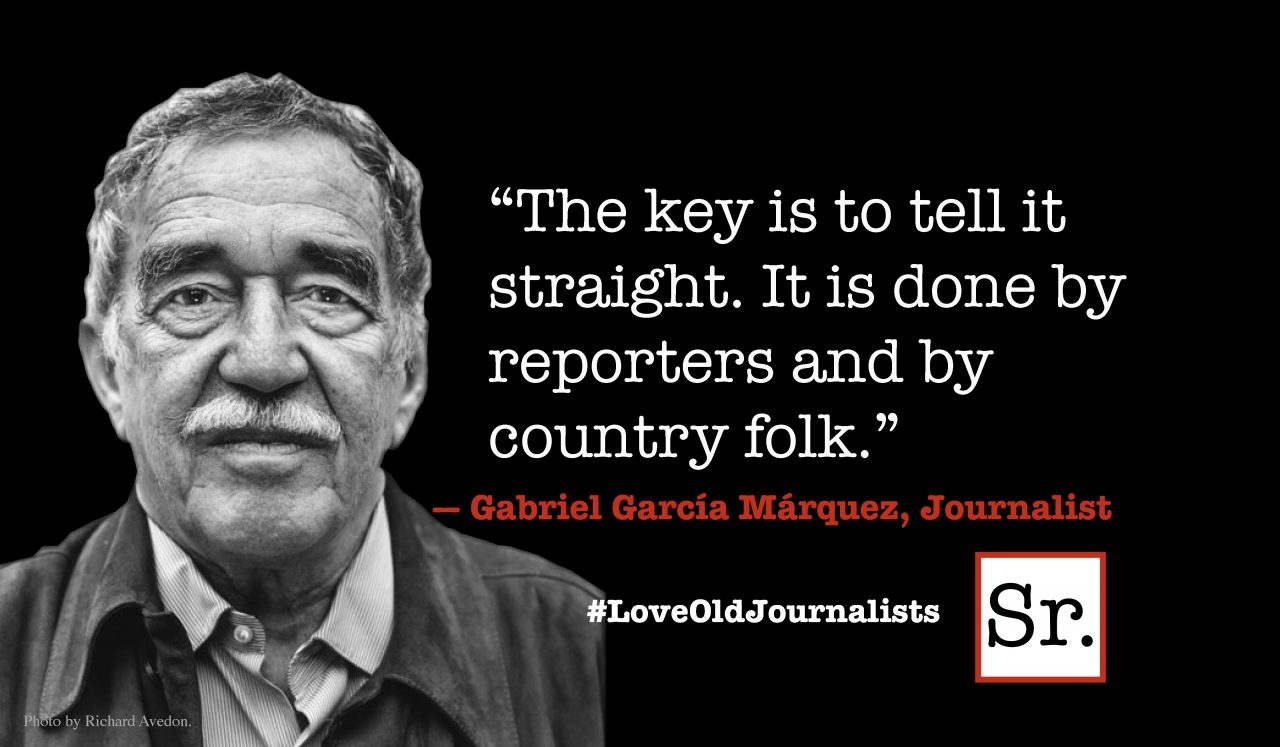Are the Summer Olympics still worth the trouble?
That question will be asked many times, and in many connotations, as the 30th Olympiad unfolds in London.
What once was an international celebration of fun, games and common goodwill has morphed into such an enormous financial venture that projected budgets are utterly pointless.
In July of 2005, when London was selected as the 2012 host, the estimated expense of hosting the Games was roughly $5 billion. Organizers months ago admitted the final tab will be well north of $15 billion, a staggering overrun even before you take into account the frail global economy.
Telecast rights went to NBC for approximately $1 billion, meaning the primary media partnership in no way equates to the comfortable safety net enjoyed by USA professional football teams and European soccer leagues.
In retrospect, the real Olympic winners that day in 2005 might have been Madrid, Moscow, New York and Paris, the primary challengers to London for host rights.
When bidding began three years later for 2016 rights, it’s interesting that only Madrid made another push. The International Olympic Committee (IOC) eventually awarded the 2016 Games to Rio de Janeiro over Chicago, Madrid and Tokyo, which was home for the 1964 Games.
Bertrand Delanoe, the mayor of Paris, emphatically said his city would not make another bid and was severely critical of what he saw as the backroom politics involved in the IOC voting process.
A spectacle, but … that the games are a wondrous, world-class marvel by anyone’s definition is a given. At least 10,000 athletes from more than 200 countries will participate.
Attending a Summer Olympics is akin to being at super-sized world’s fair. For reporters assigned to covering the event, the experience is like being inside a kitchen blender the size of a small country.
“There’s nothing about the Games that isn’t overwhelming from the grassroots on up,” the late Dr. Leroy Walker, once the president of the U.S. Olympic Committee (USOC), said at the beginning of the turbulent 1996 Games in Atlanta.
“The scope of the process is almost too much for one person to visualize.”
And that was 16 years ago. Furthermore, the Atlanta Games were completed as a cost of under $2 billion.
In London, those 10,000-plus athletes will compete in 26 sports, most of which are expensive to play and stage but have little international popularity.
Even the most avid sports fans might have trouble answering a yes or no quiz about which sports will or will not be played in London. For instance:
Baseball (No)
Trampoline (Yes)
Golf (No)
Mountain biking (Yes)
Lacrosse (No)
Female boxing (Yes)
At end of the long grind, there’s no guarantee that London, its government officials and the city’s citizens will be able to say they got their money’s worth.
The 2004 Summer Games in Athens and the 2008 Games in Beijing were staged without incidents of terrorism but hardly generated a lasting international tourism rush in the years that followed the competition.
Athens was left with an Olympic Village suburb of infrastructure now in disarray.
In an interview with The Christian Science Monitor four years after the 2004 event, deputy mayor Andreas Efthimiou of the Village region saw limited positive impact.
“During the Olympics there was a good feeling," Efthimiou said. "But after the Olympics, I see that nothing has been done. We have lost the chance to change the face of the city."
As Tokyo was readying its unsuccessful bid for 2016, Japanese assembly woman Yoshiko Fukushi told The Associated Press that less than 60 percent of Tokyo residents favored the effort.
"The Games cost too much money, and they destroy the environment," Fukushi said. "Maybe there was meaning back in 1964, when the economic effects were positive."
The Olympics likely will go long into the future and the less cumbersome Winter Games, which began in 1924, are still very popular in host cities. When the Russian city of Sochi landed the 2014 Winter rights, there was genuine disappointment in the also-ran hopefuls of Salzburg, Guatemala City and Pyeonchange, South Korea.
Why? Primarily money. The 2010 Winter Games in Vancouver were pulled off at a price tag of $1.8 billion and delivered an estimated financial gain of almost $3 billion.
Compared to the 10,000-plus Summer competitors, the Winter Games rarely involve more than 2,500 participants in 15 areas.
But the future of the Summer Games almost certainly will change. The price of the undertaking is unsustainable, particularly as the element of international terrorism and predatory crime increases.








